Hog farmers are committed to producing safe, affordable and healthful foods for consumers, using industry standards and practices that have been designed with input from veterinarians and other animal-care experts. Providing humane and compassionate care for their pigs at every stage of life is one of the ethical principles to which U.S. hog farmers adhere.
With regard to Burger King’s decision to require its pork suppliers to phase out individual sow housing, the National Pork Producers Council is concerned that such action will significantly increase production costs – and eventually consumer prices – force U.S. hog farmers out of business and lead to more consolidation of the pork industry, all with no demonstrable health benefits to sows.
NPPC supports the position taken by the American Veterinary Medical Association and the American Association of Swine Veterinarians, which recognize gestation stalls and group housing systems as appropriate for providing for the well-being of sows during pregnancy. In fact, the key factor that most affects animal well-being is husbandry skills – that is, the care given to each animal. There is no scientific consensus on the best way to house gestating sows because each type of housing system has inherent advantages and disadvantages.
While NPPC respects the right of companies to make business decisions that are in their best interests, it seems that Burger King was bullied by an animal rights group whose ultimate goal is the elimination of food-animal production. The Humane Society of United States has no concern for the hog farmers who care for their pigs every day, for families struggling to purchase food or for the hog farms that likely will go out of business – costing rural America thousands of jobs – because of its campaign against America’s farmers and ranchers.
